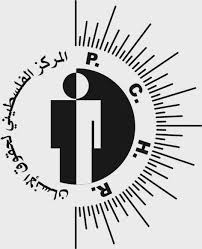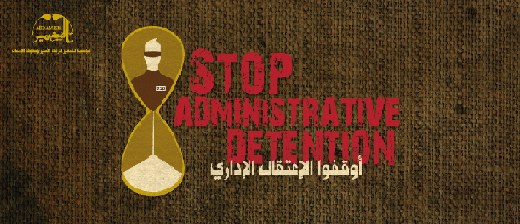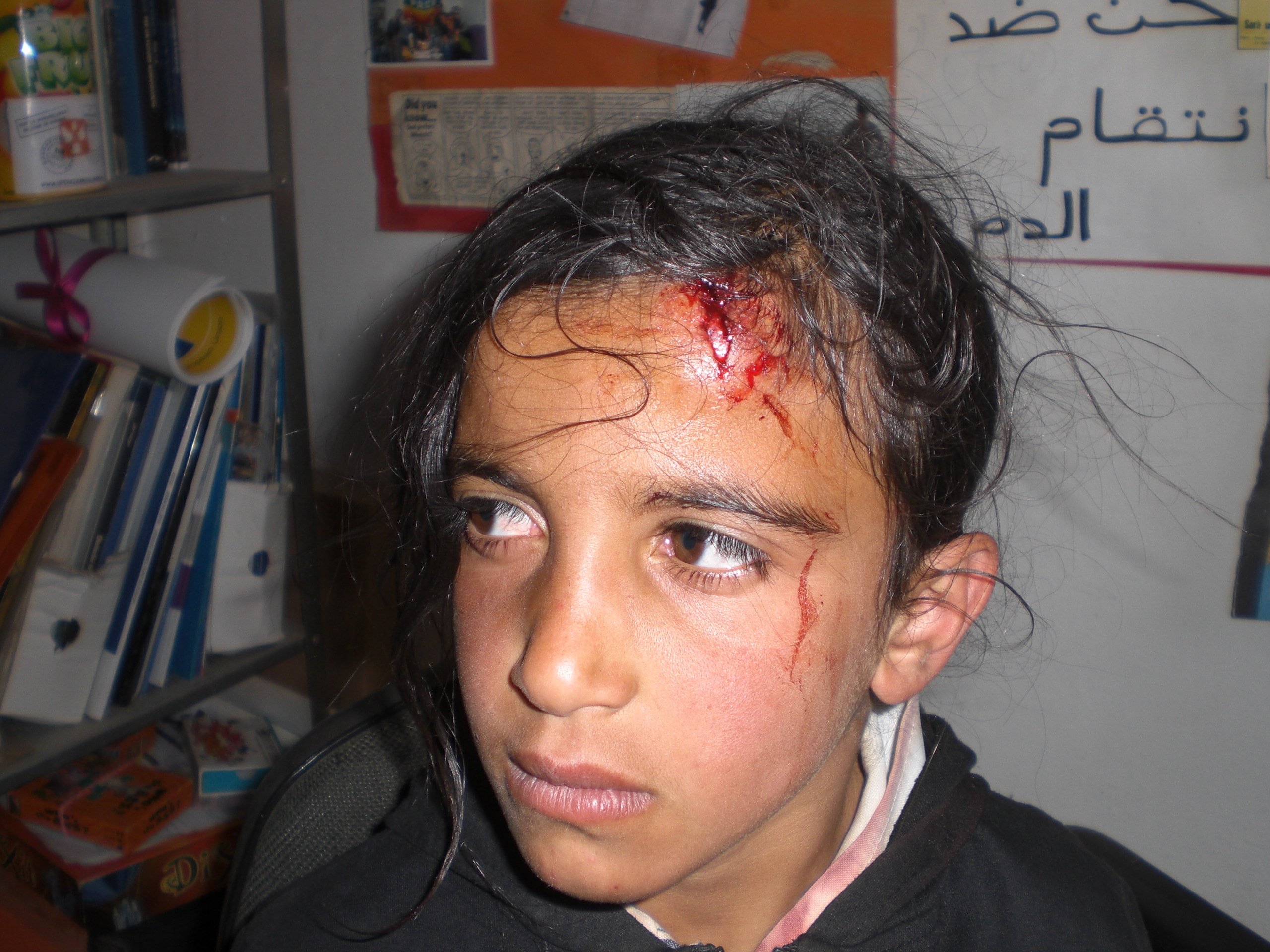-
Israeli forces target 2 armed group members wounding 13 Palestinian civilians, including 5 Children, in Beit Lahia in the northern Gaza Strip
25th April 2014 | Palestinian Center for Human Rights | Gaza, Occupied Palestine In an extra-judicial execution attempt, Israeli forces targeted 2 members of an armed group on a motorbike wounding them and another 13 Palestinian civilians, including 5 children, in a densely-populated area in the northern Gaza Strip. According to investigations conducted by the Palestinian Centre for […]
-
Mass Hunger-Strike Launched by Palestinian ‘Administrative Detainees’
24th April 2014 | Addameer Prisoner Support and Human Rights Association | Ramallah, Occupied Palestine Addameer Prisoner Support and Human Rights Association can confirm the launch of a mass open-ended hunger strike involving over 100 Palestinian political detainees. All those involved are being held under administrative detention, which is a procedure whereby detainees are held without charge […]
-
Palestinian girl badly injured by Israeli settler attack
24th April 2014 | Operation Dove | At-Tuwani, Occupied Palestine On Thursday April 24 at around 12 pm, two Israeli settlers coming with a quad-bike from the illegal outpost of Havat Ma’on attacked with stones four Palestinian children and the mother of three of them, as they were returning from school to their homes in the villages […]
Action Alert An Nabi Saleh Apartheid Wall Arrests BDS Bethlehem Bil'in Cast Lead Demonstration Denial of Entry Ethnic Cleansing Farmers Gaza Global Actions Hebron House Demolition International law Israeli Army Jerusalem Live Ammunition Nablus Ni'lin Prisoner Ramallah Rubber-coated steel bullets Settlement Settlers Settler violence Tear-Gas Canister Video



